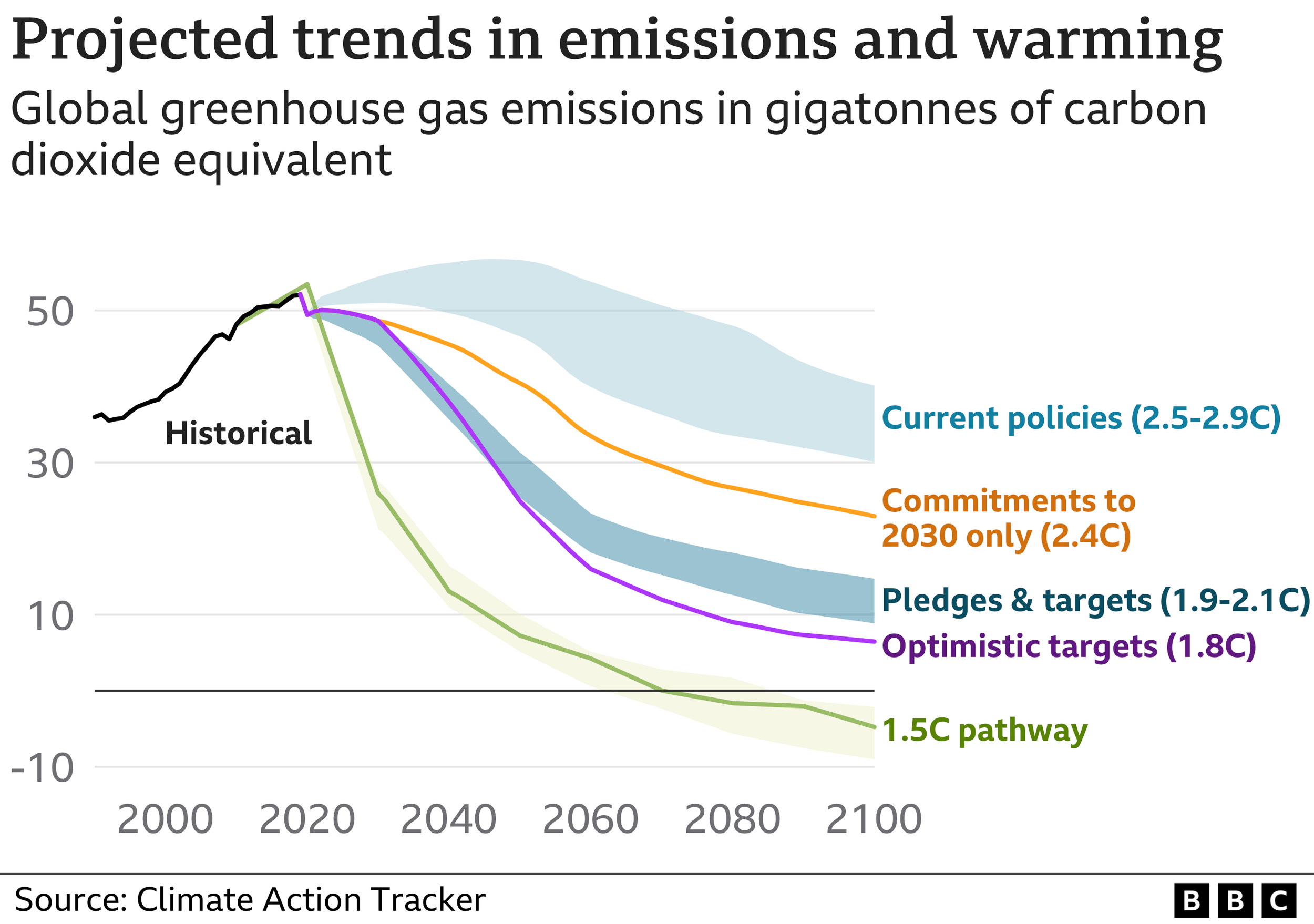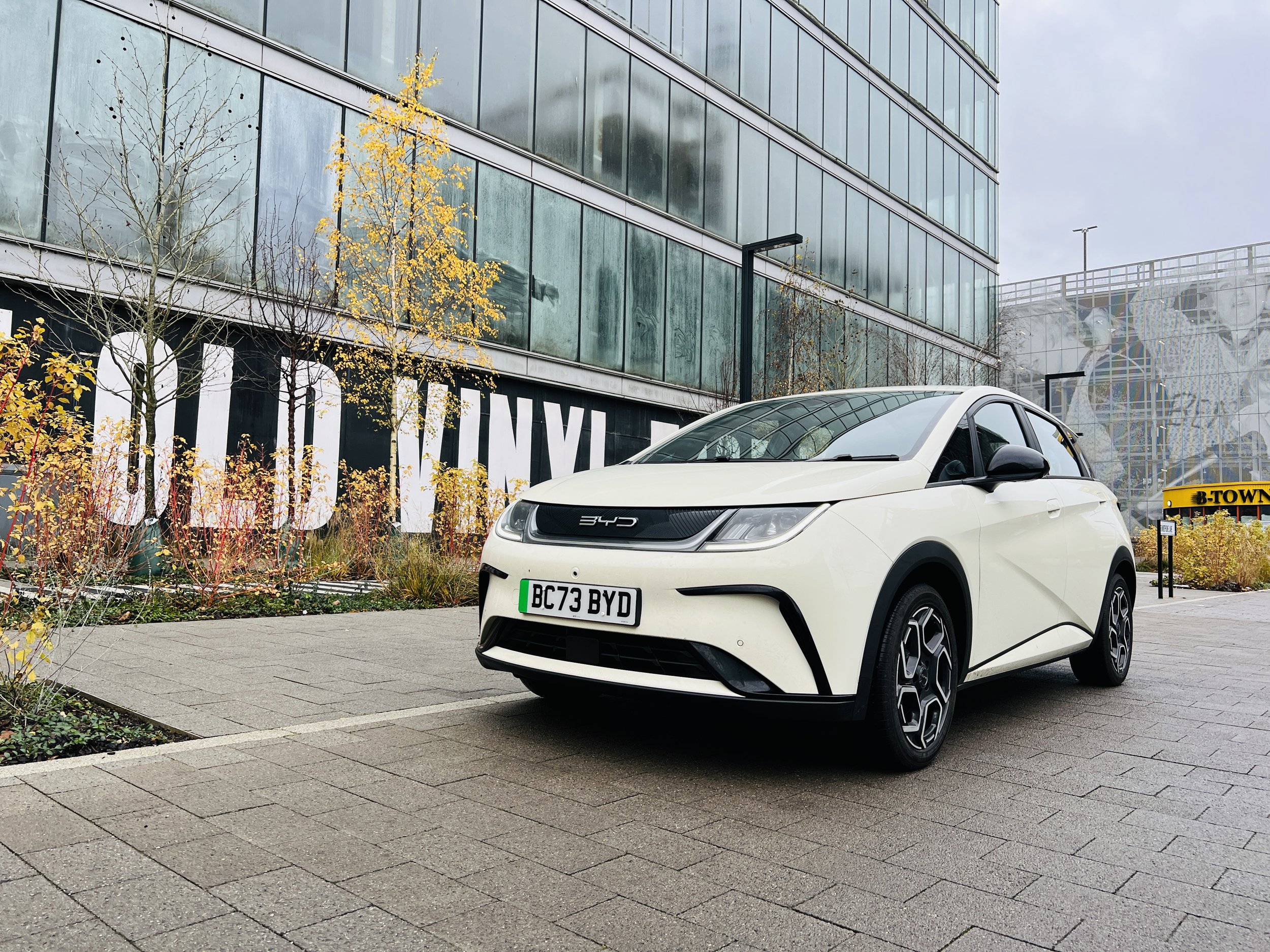The countries with the best EV uptake: why are some moving faster than others?
Global warming is the long-term heating of the Earth’s surface due to human activities, primarily fossil fuel burning, which increases heat-trapping greenhouse gas levels in the atmosphere. In the 1970s climate change and global warming shifted from being an environmental issue to one of political concern. The first World Climate Conference took place in 1979 and in 1985 the Advisory Group for Greenhouse Gases (AGGG) was formed.
The Paris Agreement, 2015, is often referred to because it is a legally binding agreement that brings all nations together to combat climate change. The goal of the agreement is to hold the increase in the global average temperature limit to 1.5°c. If we cross 1.5°c there will be far more severe climate change impacts, like more droughts, heatwaves and rainfall. To limit this to 1.5°c, greenhouse gas emissions must peak before 2025 at the latest and must decline by 43% by 2030.
The State of Climate Action 2023, found that global efforts to limit warming to 1.5°c are failing across the 42 indicators assessed, ultimately lagging behind the pace and scale necessary to address climate change seriously. The one indicator where this wasn’t lagging was electric car sales which have more than tripled since 2020.
This graph shows the predicted trends in emissions and warming. It highlights current policies, commitments to 2030 only, pledges and targets and the optimistic targets.
This image is sourced from BBC World Service
The Paris Agreement remains relevant as COP28 takes place in Dubai. Since COP27, nearly forty countries have put forward new targets for reducing their emissions. Even with these pledges, global warming will be limited to 2°. There is also concern that the targets will not be achieved based on the current policies governments have put in place.
EV adoption is and continues to be extremely important because it produces significantly fewer greenhouse gas emissions than petrol or diesel cars. Currently, there are approximately 1.4 billion cars in the world, if the rate of growth continues as we have seen in the last twenty years, we may expect to see 2.8 billion vehicles on the planet in 2036. The only way we can do this in an environmentally conscious way is if they’re all electric.
This blog post aims to outline what countries have adopted EVs the fastest and how they have managed to do so. We will be considering government policies that have worked well, how different countries have built the infrastructure to make the switch to electric vehicles and how different social factors may be slowing the uptake.
How was 2023 for EV adoption?
Surprisingly, the percentage of electric cars sold in the UK experienced a halt for the first time in 2023, raising concerns about manufacturers meeting new green targets and prompting calls for tax cuts within the industry. Electric cars represented 16.5% of new vehicle sales in the UK last year, a slight decrease from the previous year's 16.6%. This translated to 1 in 11 consumers opting for an EV, leading Mike Hawes, head of SMMT, to emphasise the need for incentives for the average consumer.
While global demand for electric vehicles (EVs) continues to rise, there are warnings from carmakers in the US, Europe, and the UK about a diminishing appetite. One contributing factor is the higher initial cost of EVs, which are 30-40% more expensive than their petrol or diesel counterparts. However, it's crucial to note that the running costs of electric cars are significantly cheaper once purchased. This is where salary sacrifice schemes for electric cars, such as The Electric Car Scheme, can prove beneficial for individuals seeking an affordable means to make the switch.
Leading countries in EV adoption
To be consistent with international climate goals, between 75% and 95% of passenger vehicle sales need to be electric by 2030 to limit global warming to 1.5°c.
According to the World Resources Institute, the countries with the highest share of EV sales are:
| Rank | Country | Share of EV sales |
|---|---|---|
| #1 | Norway | All-electric vehicles made up 80% of passenger vehicle sales in 2022 |
| #2 | Iceland | 41% |
| #3 | Sweden | 32% |
| #4 | The Netherlands | 24% |
| #5 | China | 22% |
| #6 | The European Union | 12% |
| #7 | US | 6% |
China’s place on this list is significant because it is the biggest car market in the world, so with 22% of sales being electric is very promising.
In the UK, by the end of 2016, only 0.4% of newly registered cars were electric. Fast forward to the end of 2022, the market share for newly registered electric plug-in cars surged to 22.9%. This substantial shift indicates a significant rise in the demand for electric vehicles while signalling a decline in the demand for conventional petrol and diesel cars.
Most EV leaders have been in high-income countries or countries with a lot of market power. This is a result of government policy and financial incentives that have meant getting into an EV hasn’t been extremely expensive.
What government policies around the world promote EVs?
To get more people to buy electric cars governments need to make the switch uncomplicated and affordable. One issue the US currently has is that EVs do not seem widely affordable because government programs have not been rolled out across all states and EVs can be more expensive to register than their petrol counterparts. Looking at three of the countries that sold the highest share of EVs in 2023, we can begin to understand how they managed to grow EV adoption.
While Germany and France are not on this list, they do continue to provide incentives for customers purchasing electric cars. This signals a positive trend but means the UK finds itself ranked in the lower echelon of European countries concerning market share.
Norway
Norway is a leading figure in EV adoption globally because they have been developing substantial and comprehensive EV incentive programs since the early 1990’s. Norway offers tax breaks, making it easier for EV drivers to save money. There is no purchase tax or VAT on an EV as well as no road traffic insurance tax. They also invested in public EV services and infrastructure, with large grants being offered to housing associations. Another example of how they reduce everyday costs for EV drivers is through half-price tolls and parking.
In 2023, Norway led Europe’s EV industry with 83% of sales in the first 9 months of the year being electric!
Sweden
People who purchase electric vehicles will receive 60,000 SEK (approximately £4,556) towards the cost. You can also get a reduction in how much you pay for EV charging installation, with a maximum cost per charge of up to 10,000 SEK (£759). As well as this, many Swedish regions and cities offer free parking for electric cars which can save money on a day-to-day basis.
China
Earlier this year, China announced a 520 billion yuan (£57 billion) package of tax breaks over four years for EVs - an extension from previous tax breaks. “New energy vehicles” purchased in 2024 and 2025 will be exempt from the purchase tax. Because the government heavily promoted electric vehicles in recent years, it meant manufacturers like BYD were able to rise in popularity - BYD now outsells Volkswagen in China and has become the country’s biggest automaker by sales in 2023.
Graphic shows the “most wanted” EVs around the world - interesting to consider the differences between countries.
This image is sourced from Motoring Research
Curiously, in the graphic depicting the globally "most wanted" electric cars, a significant portion is dominated by the Tesla Model 3. However, in a noteworthy turn, China's BYD Ocean surpassed Tesla as the best-selling battery-only electric car in the final quarter of the year, with 526,000 units sold compared to Tesla's 484,000.
What are we doing in the UK to boost electric car adoption?
In the UK we have pledged to stop selling diesel cars by 2035. Second-hand cars will be unaffected by this ban and may be bought and sold freely - as it is now. This ban is part of a wider £12 billion Green Industrial Revolution that the Government hopes will create 250,000 jobs as the country invests more in battery technology, carbon capture and green energy.
There have been several different government grants implemented over the past couple of years; examples of government grants include the plug-in car grant (which ended in 2022), the electric vehicle charge point grant and the on-street residential charge point scheme. These initiatives specifically target EV charging as it remains a significant blocker to widespread EV adoption. In our blog, ‘Going green with grants: your guide to electric car government grants’, you can read more about the specific incentives offered by the UK government.
ULEZ and clean air zones are also on the rise throughout the UK and have been met with discussions and protests especially in London earlier this year. Although these zones were designed to combat air pollution and improve the health of residents in cities, they also promote the adoption of electric vehicles. All electric cars are exempt from ULEZ and congestion charges under the cleaner vehicle discount until December 2025. If you have a petrol or diesel car that is not ULEZ compliant you must pay £12.50 to drive in these zones. You can learn more about ULEZ in our blog: Our Guide to the Ultra Low Emission Zone.
Electric car salary sacrifice schemes were also introduced to the UK in 2020 as a tax incentive to help employees choose electric cars. Electric car salary sacrifice makes electric cars more affordable and accessible. The Electric Car Scheme makes it simple to access the incentive, making it easy to reduce your carbon emissions.
How The Electric Car Scheme makes electric cars more affordable with salary sacrifice
Switching to an electric car is one of the most significant ways you can make a positive change towards net zero. At The Electric Car Scheme, we wanted to make it cheaper and easier than any other option and salary sacrifice makes this possible - allowing employees to save between 30% and 60% on any electric car by reducing your salary in exchange for an electric car as a benefit.
As an employer, you can make your employees feel valued whilst implementing a benefit that is cost-neutral to your business and good for the environment. As an employee, you can save hundreds on a brand-new electric vehicle you want.
We offer complete risk protection, the best prices available and a 5* service - it’s a no-brainer!
Launch with The Electric Car Scheme knowing you’re getting the best prices, complete risk protection and a trusted 5* service for you and your team. You can learn more about The Electric Car Scheme by visiting our website.
Terms & Conditions - Our pricing is based on data collected from The Electric Car Scheme quote tool. All final pricing is inclusive of VAT. All prices above are based on the following lease terms; 5,000 miles pa, 48 months, and are inclusive of Maintenance and Breakdown Cover. The Electric Car Scheme’s terms and conditions apply. All deals are subject to credit approval and availability. All deals are subject to excess mileage and damage charges. Prices are calculated based on the following tax saving assumptions; England & Wales, 40% tax rate. The above prices were calculated using a flat payment profile. The Electric Car Scheme Limited provides services for the administration of your salary sacrifice employee benefits. The Electric Car Scheme Holdings Limited is a member of the BVRLA (10608), is authorised and regulated by the FCA under FRN 968270, is an Appointed Representative of Marshall Management Services Ltd under FRN 667174, and is a credit broker and not a lender or insurance provider
Images on this site are sourced from third party websites as listed below each image and are the property of their respective owners. If you believe any content infringes your copyright, please contact us at marketing@electriccarscheme.com.
Last updated: 19/01/24





